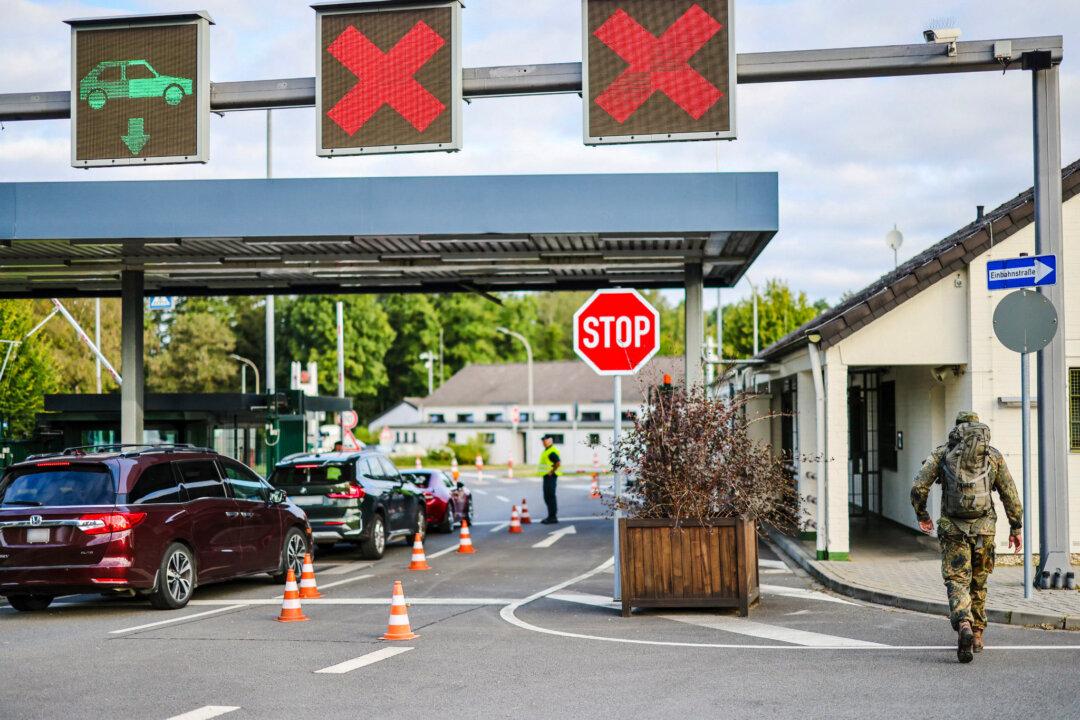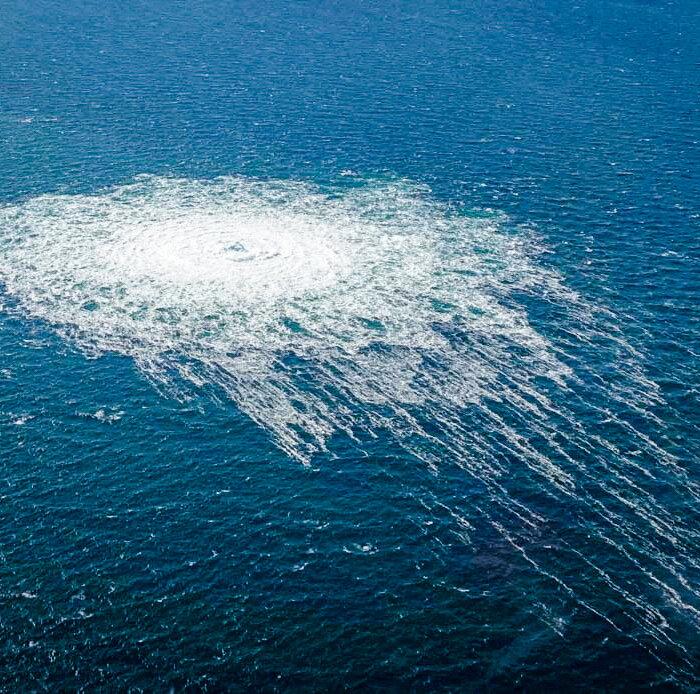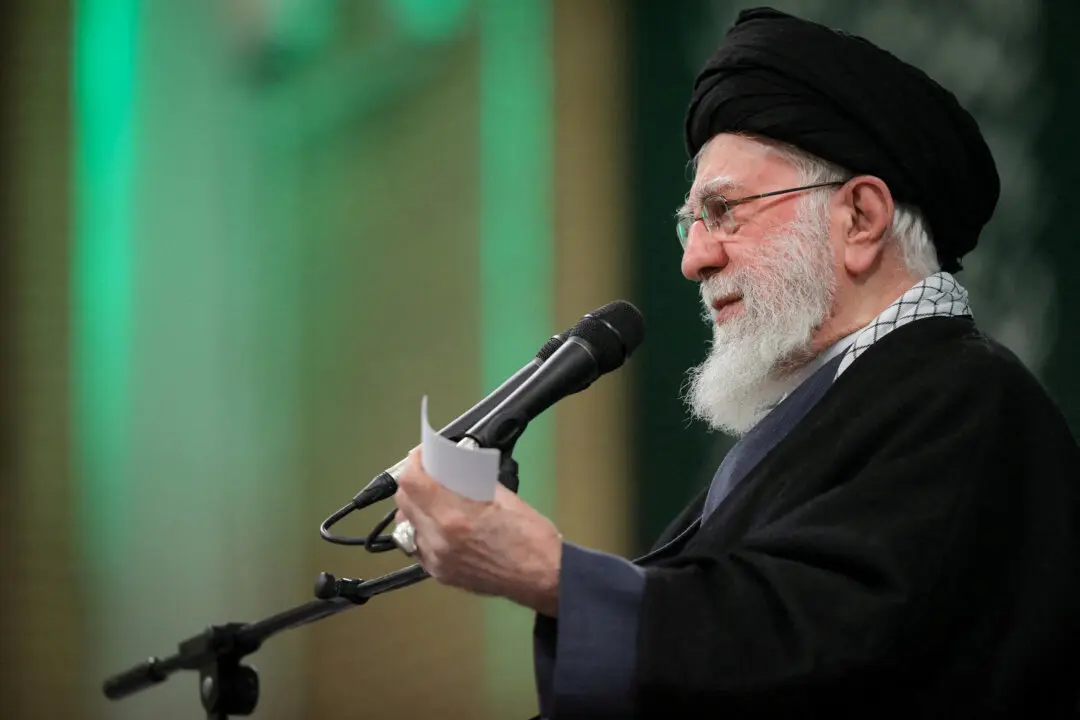A NATO air base in the Germany remained on high alert on Friday “based on intelligence information indicating a potential threat,” the military alliance announced.
The military facility, located four miles west of the town of Geilenkirchen, North Rhine-Westphalia, near the Dutch border, raised the alert level over night.
“All non-mission essential staff have been sent home as a precautionary measure. The safety of our staff is our top priority. Operations continue as planned.”
The base and the small town of Geilenkirchen both remained at high alert on Friday morning, a spokesperson confirmed.
“We are still at Charlie,” a spokesperson for the base told Reuters, referring to the second-highest of four states of alert.
Security level Charlie is defined as “an incident has occurred or intelligence has been received indicating that some form of terrorist action against NATO organizations or personnel is highly likely”.
The spokesperson added that the base housing NATO’s fleet of Airborne Warning and Control System surveillance planes was working with minimal staffing as a precaution, while planned operations continued as normal.
German news agency DPA reported that police cars could be seen on the grounds of the air base.
Local police confirmed a deployment Thursday evening but offered no specifics and no update on Friday morning.
The base spokesperson added there was no connection to last week’s brief raising of the security level at the facility, following news a military base in nearby Cologne had investigated a suspected sabotage of the water supply.
The same day as the incident in Cologne, the Geilenkirchen base also reported an attempted trespassing incident which sparked a full sweep of the premises.
The German military later gave the all-clear at the Cologne base, saying test results had shown that the tap water was not contaminated.
NATO has previously warned of a campaign of hostile activities staged by Russia, including acts of sabotage and cyberattacks, while Moscow has regularly accused NATO of threatening its security in return.
In June, NATO Secretary-General Jens Stoltenberg said the military alliance saw a pattern evolving and that recent attacks were a result of more activity by Russian intelligence.
Several incidents on NATO territory have raised analysts’ suspicions in recent years, among them the cutting of a vital undersea cable connecting Svalbard to mainland Norway in 2022.







